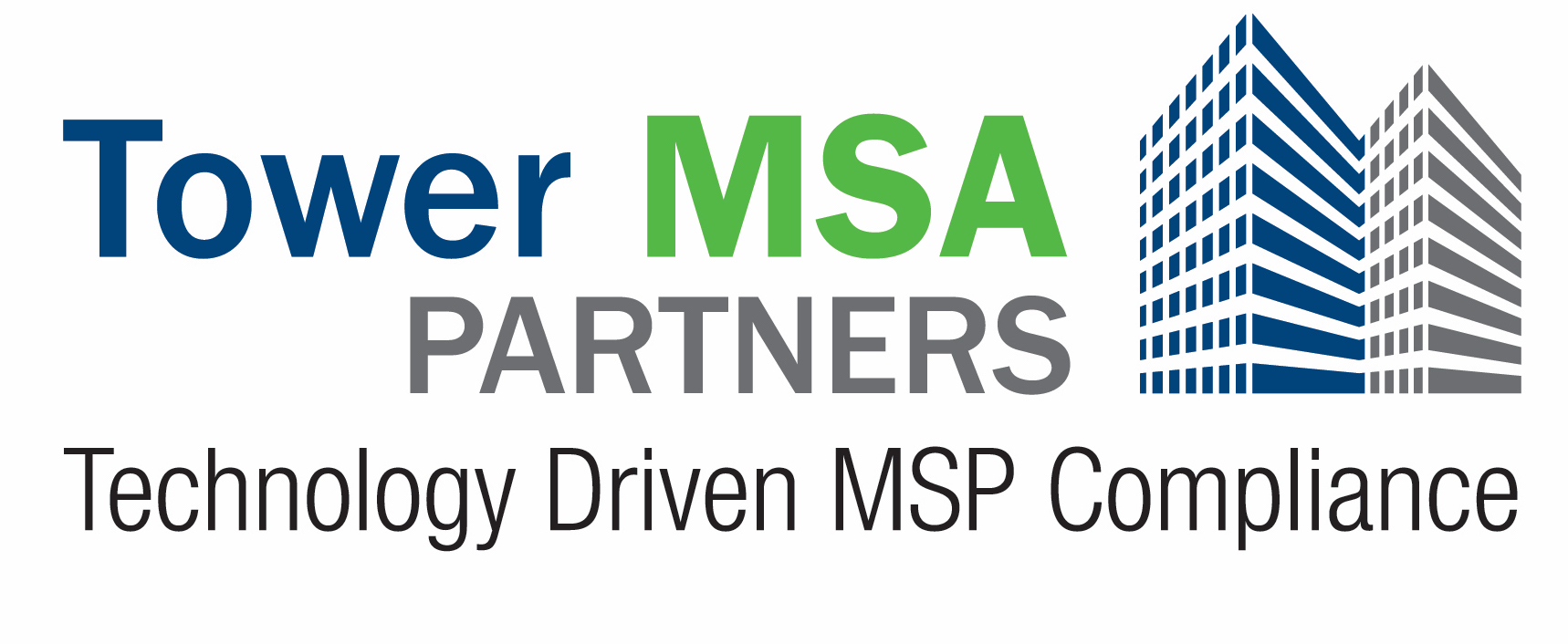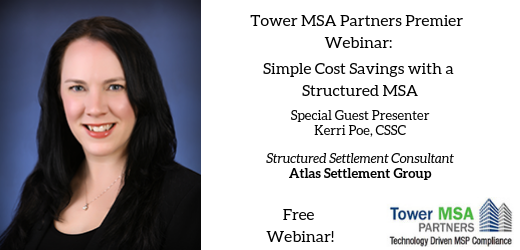Over the past year, the Centers for Medicare and Medicaid Services (CMS) has been enhancing its web-based Medicare Secondary Recovery Portal (MSPRP) which has improved its usefulness in identifying and resolving Medicare conditional payments. CMS’s latest improvement, effective January 5, 2019, is the addition of a self-reporting function providing for reporting a Medicare Secondary Payer case through the portal versus via phone or written correspondence to the BCRC. CMS has also updated its Multi Factor Authentication (MFA) process which ensures only authorized users can view information in the portal.Self-Reporting Functionality Added to MSPRP
The new functionality allows for self-reporting by a Medicare beneficiary or their representative or an insurer or an insurer representative in a liability, no-fault insurance or a workers’ compensation claim to CMS (Known as an MSP lead). Important, MSPRP self-reporting does not replace Section 111 reporting. Accordingly, if Ongoing Responsibility for Medicals (ORM) has been reported through the Section 111 reporting process, then MSPRP self-reporting cannot be used. Similarly, if a Total Payment Obligation to the Claimant (TPOC), typically a settlement, has been reported through the Section 111 process, then MSPRP self-reporting cannot be utilized.
Practically speaking, self-reporting would most often be used for the initiation of a conditional payment search stemming from a liability claim or a denied workers’ compensation claim. Prior to the introduction of self-reporting, reporting these types of claims to the BCRC required a phone call or written correspondence to the BCRC (Self-Reporting will remain available via phone and written correspondence).
The information to be submitted through the portal to self-report a claim is that which has been required to self-report a claim by phone or written correspondence, namely:
- Beneficiary Information: Full Name, Medicare ID, Gender and Date of Birth and complete Address and Phone Number
- Case Information: Date of Injury/Accident, date of first exposure, ingestion or, implant, Description of alleged injury or illness or harm, Type of Claim (Liability, No-Fault or Workers’ Compensation Insurance) and the Insurer/Workers’ Compensation entity name and address
- Representative Information: Attorney or other representative name, Law firm name if representative is an attorney and complete address and phone number
- Related Diagnosis Code(s): At least one diagnosis code. The system provides for a diagnosis code search function and allows for up to 25 ICD-9 or ICD-10 diagnosis codes to be entered
Upon submitting the report through the portal, if ORM or TPOC has already been reported, then the user will be advised that the self-reporting cannot be completed. If the claim has not been previously reported with ORM or TPOC, then the following will occur:
- The information will be developed into a beneficiary-debtor case.
- The Rights and Responsibilities (RAR) letter will be generated and sent.
- The basic case information will be immediately accessible in MSPRP
- Claims history will be retrieved and claims filtering will be completed per current functionality.
- Beneficiary users will be able to immediately upload settlement information from the “Case Information” page.
- Beneficiary representatives will be able to upload settlement information after first uploading a Proof of Representation document.
- If settlement information is uploaded prior to claims history being retrieved and the claims filtering process being completed, a Conditional Payment Notice (CPN) will be systematically generated, otherwise a Conditional Payment Letter (CPL) or No Claims Paid (NCP) will be generated.
Multi Factor Authentication Verification Process Updated
MFA is a security process that verifies the user’s identity by requiring multiple credentials rather than solely asking for a username and password. Effective January 5, 2019, CMS is replacing the current MFA process via EIDM/Symantec with one provided by OKTA. The change will require users to utilize the new authentication method to view “unmasked” information in the MSPRP.
Practical Implications
As the self-reporting functionality is limited to cases where ORM or TPOC has not been reported, its use, while a welcome improvement, will not impact much of the work Tower completes on accepted workers’ compensation claims where ORM has been reported. Tower commends CMS for these continuing enhancements to the MSPRP and looks forward to additional functionalities to be added in 2019, including a function to directly pay Medicare through the portal.
CMS’s 12/18/2018 slide presentation, which details the above enhancements, may be found here.
The updated MSPRP User Guide, Version 4.4, which includes these enhancements, may be found here.
 Business Insurance’s Angela Childers turned to Tower’s Dan Anders for insight into how claims become catastrophic. Brand-name medications, opioids and the meds required to treat their side effects, and ineffective initial treatment are among the causes he cites. Payers can prevent cost escalation by having a “settlement mindset” from the beginning, he advises. Read more here. (registration or subscription will be required.)
Business Insurance’s Angela Childers turned to Tower’s Dan Anders for insight into how claims become catastrophic. Brand-name medications, opioids and the meds required to treat their side effects, and ineffective initial treatment are among the causes he cites. Payers can prevent cost escalation by having a “settlement mindset” from the beginning, he advises. Read more here. (registration or subscription will be required.)
 How can you use metrics to evaluate your MSP compliance and MSA programs? And, what metrics apply? Tower CEO Rita Wilson shares key performance indicators, ways payers can use them in the settlement process and apply settlement strategies to on-going claims management in this week’s WorkCompWire Leaders Speak.
How can you use metrics to evaluate your MSP compliance and MSA programs? And, what metrics apply? Tower CEO Rita Wilson shares key performance indicators, ways payers can use them in the settlement process and apply settlement strategies to on-going claims management in this week’s WorkCompWire Leaders Speak.

 Daniel M. Anders, JD, MSCC, the Chief Compliance Officer for Tower MSA Partners, has been elected to the board of directors of the National Alliance of Medicare Set Aside Professionals (NAMSAP) and will serve on its executive committee as treasurer for 2019. An attorney who holds the Medicare Set-Aside Consultant Certified and Certified Medicare Secondary Payer Professional credentials, Anders also co-chairs NAMSAP’s Policy and Legislative Committee.
Daniel M. Anders, JD, MSCC, the Chief Compliance Officer for Tower MSA Partners, has been elected to the board of directors of the National Alliance of Medicare Set Aside Professionals (NAMSAP) and will serve on its executive committee as treasurer for 2019. An attorney who holds the Medicare Set-Aside Consultant Certified and Certified Medicare Secondary Payer Professional credentials, Anders also co-chairs NAMSAP’s Policy and Legislative Committee.



